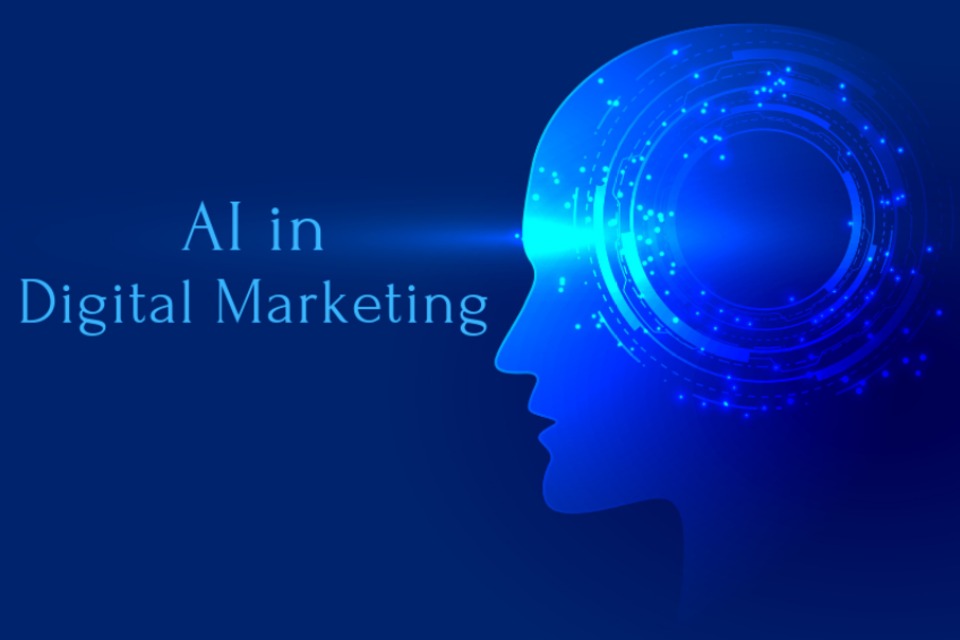
In the realm of digital marketing, the use of Artificial Intelligence (AI) has been rapidly gaining popularity. Two particular uses of AI in the context of digital marketing are personalised engagements and targeted advertising. While they come with their merits, this advancement comes with ethical considerations that cannot be ignored – particularly the practice of using deep learning algorithms to heavily personalise marketing efforts. This practice raises issues of privacy violations, consent, and the protection of confidential information.
Personalisation vs. Privacy

Personalisation in a nutshell refers to the tailoring of marketing efforts and material to an individual’s particular needs and wants. On the other hand, privacy refers to an individual’s right to influence the collection and use of their personal information. As you might imagine, these two concepts are on opposite ends of the spectrum. Personalization requires a supreme understanding of an individual’s personal information, while privacy dictates control over the dissemination of that information to any external entity.
With the power of AI, companies now have a greater capacity to gather vast amounts of personal data from consumers without them knowing or even consenting. Data about individuals from social media, their browser history, purchase histories, and countless other sources can now be instantaneously gathered and used to form an effective marketing effort. Do consumers have a right to know the extent to which companies are using their personal information? At what point does it all become too intrusive?
Data Security

With this unprecedented level of data collection, data security is more important than ever. This means that companies now have a greater responsibility to protect collected data from unauthorized access. However, given that data security breaches are more common than ever, should all companies be allowed to have an elevated capacity for data collection?
A Balancing Act
Although these issues are important and concerning, if they are properly addressed and regulated, a win-win situation can arise where both companies and consumers are benefitting fully. Companies should be more aware of the responsibility that they hold over the careful handling of consumer data, and consumers should be more aware of the data collection policies and how to protect themselves.
References
Forbes Agency Council. (2023, August 9). Marketing in the Age of Privacy: Balancing Personalization and Data Protection. Forbes. https://www.forbes.com/sites/forbesagencycouncil/2023/08/09/marketing-in-the-age-of-privacy-balancing-personalization-and-data-protection/?sh=248628d94d09
AI Contentfy. (n.d.). Ethics of AI Marketing: Balancing Personalization and Privacy. AI Contentfy. https://aicontentfy.com/en/blog/ethics-of-ai-marketing-balancing-personalization-and-privacy
